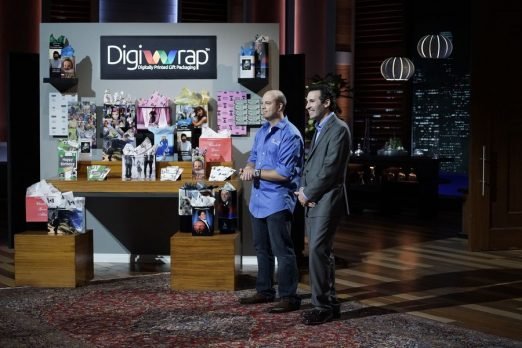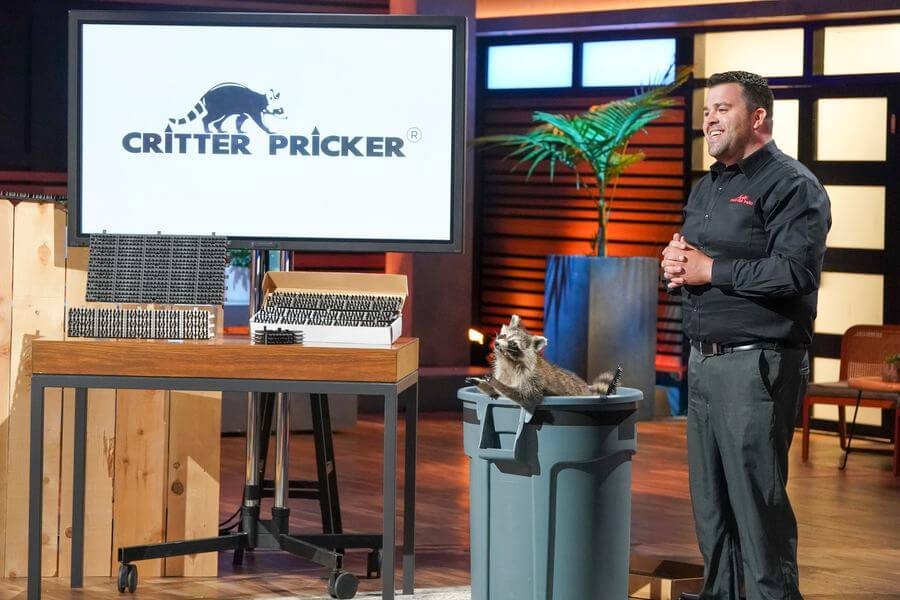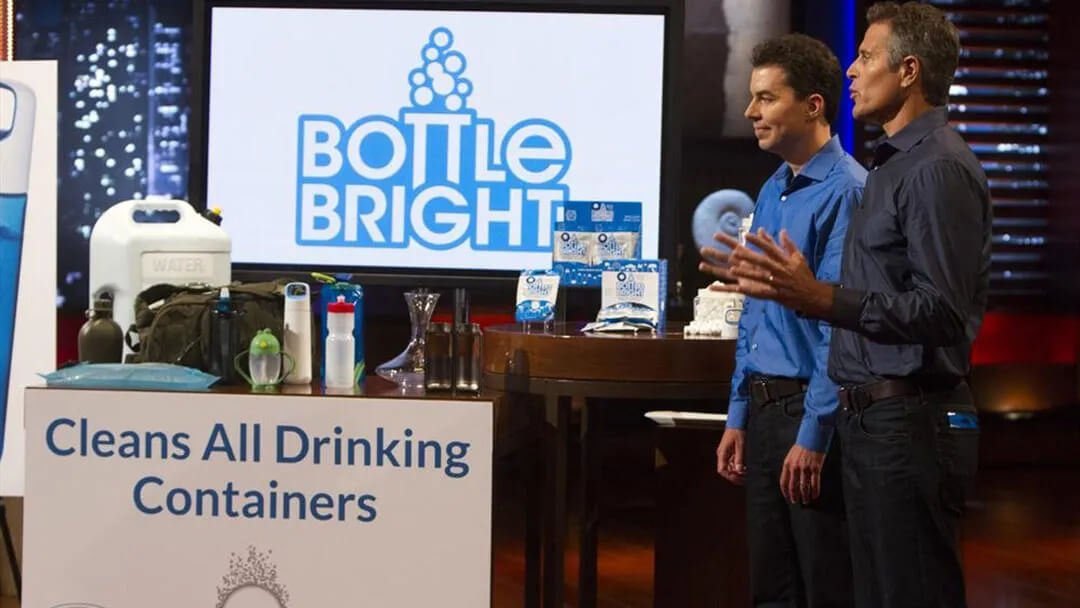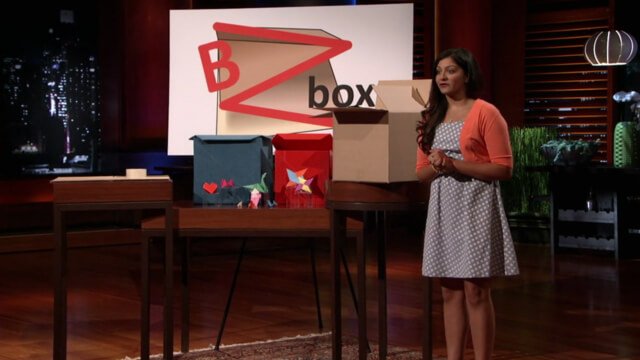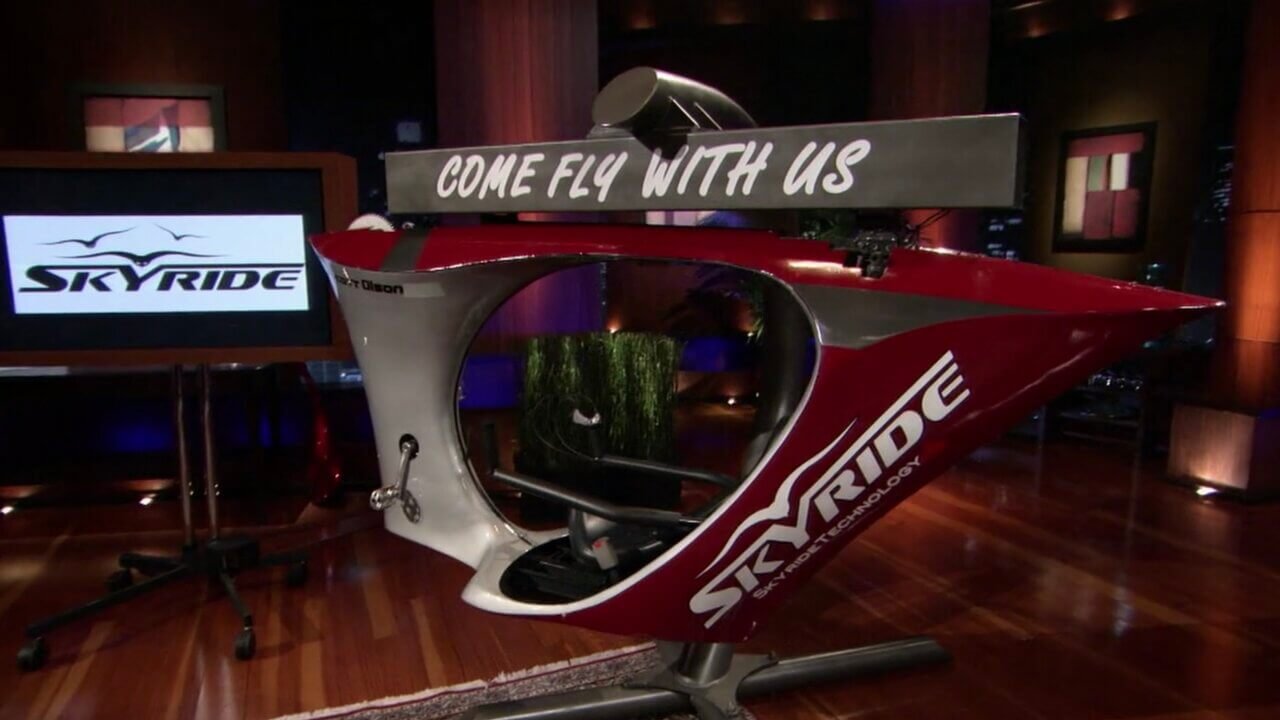Think every Shark Tank deal makes you rich overnight? I’ve seen more than a few walk out grinning, only to lose steam three months later. Let’s talk DigiWrap—the custom-printed tissue paper crew who pitched on Season 8—because they didn’t just get airtime; they got real money, and then kept swimming. Was it as smooth as it looked on TV? No. Did it matter? Let’s find out.
Contents
ToggleQuick Look: What Is DigiWrap?
Cut through the noise: DigiWrap sells digitally-printed, custom tissue paper and gift bags. We’re not talking about big box store Merry Christmas generic wrap. They let small businesses, event planners, or even families slap their own logo, photo, or meme on the gift wrap—one bag or a thousand, doesn’t matter.
Why care? Because, if you’re like most founders, you’ve dreamed about landing clients like Google, Disney, and Etsy. DigiWrap did exactly that—before they even walked onto the Shark Tank set. They took a boring, commoditized market and carved out a high-margin niche. Simple tech meets look at me, I’m different branding? That’s a hustle play every entrepreneur should study.

Meet the Founders: Charlie Williams & Brad Boskovic
Here’s where the story gets real. Charlie Williams and Brad Boskovic didn’t wake up one day and magically print gift bags for Google. They cut their teeth with Lingraph Services—a printing company grinding out orders for others. When they saw a hole in the market (custom tissue, fast, for small or weirdly specific runs), they spun up DigiWrap in 2014.
Charlie Williams? Born for entrepreneurship. He even went back to speak to high schoolers after Shark Tank. Brad Boskovic? The operations brain. Together, they were just humble enough to pivot, but scrappy enough to stare down the Sharks with confidence. They knew how printing worked, but more importantly, they knew what customers would pay extra for.

Shark Tank Pitch Highlights
Flashback to Season 8, December 2016—holiday episode. If you want Shark Tank gold, pitch gift wrap when everyone’s counting presents. That’s a street-smart move most newbies overlook.
Brad and Charlie marched out asking for $150,000 for 10%. Classic move—aim high on value, but show you’re pumped about scaling. They didn’t pitch artisanal wrapping. They pitched patented tech, no order minimums, and big-company clients already on the books.
They showed off the platform, explained their advantage (can print a single order profitably), and leaned hard on the fact that Google, Yahoo, and Disney were already in their corner. Trust me, when you’ve got those logos, name-drop ‘em.
Did they hustle? Absolutely. I saw founders before them wilt when the Sharks started hammering margins, but Charlie and Brad broke down production numbers without choking. Even Mr. Wonderful looked impressed.
Net Worth and Sales Numbers: Getting Real About the Money
Let’s talk numbers, because those always separate hype from substance. When they pitched, DigiWrap had $350,000 in sales the previous year and were projecting $500,000 for the current one. These aren’t hockey stick numbers, but they’re real. That matters.
Their valuation? At $150,000 for 10%, they pegged DigiWrap at $1.5 million. That’s a little punchy for a relative newcomer in print, but if you’re pulling in half a million bucks on custom wrap, you can at least argue your corner. For me, it was the client list and tech that justified it—not the pure revenue run rate.
The Sharks weren’t going to bite at that number, of course. O’Leary, especially, can smell inflated hopes from a mile away. But that’s what negotiation is for.
Did They Close a Deal? The Back-And-Forth You Didn’t See
Here’s where most Shark Tank fans get it wrong: not every handshake on TV leads to money in the bank. But DigiWrap actually closed a real deal.
They went toe-to-toe with Kevin O’Leary (aka Mr. Wonderful). He started out, predictably, with a greasy chicken deal — $150,000 for 50%. That would’ve been founder suicide. But Brad and Charlie didn’t blink. They negotiated down to 20% equity, with one more condition—a royalty.
So the final terms:
– $150,000 for 20% of the company
– A ten cent royalty per bag and a five cent royalty per tissue paper order—until Kevin gets $450,000 back
I’ve seen founders drown in royalties, but these two played it smart. O’Leary got his money off the top, but they kept enough skin in the game to keep hustling. By all reports (and my check on SharkWorth), the deal actually closed after filming. That’s rarer than you think.
Product Playbook: Why DigiWrap Isn’t Just Another Gift Bag Company
Okay, so what’s different? Anyone with a printer can run off custom tissue paper, right? Not really.
DigiWrap built its edge on:
- Patented digital printing that lets them profitably do one-off jobs—no big minimums
- A fast, easy online platform—customer uploads design, chooses size, picks paper, done
- High-profile B2B sales—they snagged bulk orders from tech giants, which led to word-of-mouth in industries where even a small flex matters
Honestly, it’s a Bombas-style play: win DTC with a who knew you could customize this? twist, then scale up with institutional/corporate buyers desperate for standout branding at big events, launches, or swag bags.
Why buy from them, not Amazon or Walmart? Personalization, speed, and trust. Try calling up Staples and asking for 57 different custom tissue papers by next Friday. DigiWrap does it—and does it well.
Is DigiWrap Still Alive Today?
This is where Shark Tank dreams often die. But for DigiWrap? They’re still kicking, and by every metric I’ve checked, still growing.
Their website’s live. The ordering platform still works. And, according to interviews and news updates (even as of October 2024), they’re still linked with Kevin O’Leary’s team.
Any spectacular viral moments since? No. But they did what most real businesses do: kept revenues clicking, served B2B accounts, and stayed out of drama. That’s how you survive, Shark Tank-effect or not.
Lessons from the DigiWrap Grind
So what can a founder or side hustler actually learn here? Let’s break it down:
- Niche is power: If you can do what everyone does, but offer it faster, smaller, and more custom, you’ll print money.
- Don’t flame out on valuation: They aimed high, but didn’t get greedy. Too many founders walk for pride—these two locked in a Shark and extra runway for growth.
- Royalty deals can kill: Kevin loves them for a reason. But DigiWrap negotiated a cap—so at a certain point, all that cash stays theirs. That’s veteran-level thinking.
- Big clients matter, but so does follow-through: Everyone brags about “deals with Google.” The trick is keeping them coming back
- Stay in your lane and get known for one thing: Their website doesn’t try to be Etsy or Vistaprint. It just shouts: We print your gift wrap, any size, any quantity.
I’ve watched a bunch of companies hit Shark Tank, blow up, then collapse because they tried to be everything to everyone. DigiWrap stuck with their core, didn’t chase goofy product pivots, and kept business healthy.
Closing Thoughts for Future Founders
DigiWrap’s story isn’t Cinderella. It’s better—it’s honest, and full of the bumps that make a business last. They didn’t invent a must-have product. They carved a lane, built smart tech, and hustled just enough to get a Shark, but not so hard that they sold their soul.
Whether you’re pushing side gigs or swinging for your next million, steal one move from DigiWrap: find the boring thing no one thinks can be sexy, own it, and offer it better.
They proved it on Shark Tank and—more importantly—in the years after. That’s the story you want to write one day.
FAQs People Want to Know
1. Is DigiWrap still in business after Shark Tank?
Yes, DigiWrap is alive and well as of October 2024. The website’s active. Orders are open. They’re making it work post-Tank.
2. Did DigiWrap’s deal with Kevin O’Leary really close?
Yeah, it closed. No TV handshake, no real check drama here. Kevin’s still connected to the business.
3. What is DigiWrap’s estimated net worth today?
No public number, but on SharkWorth and based on projected sales bumps, they’re likely in the mid-seven figures. Not Scrub Daddy, but not small-time either.
4. How can someone order personalized tissue paper or gift bags from DigiWrap?
Head to the DigiWrap site, upload your design, pick your size—done. Fast, simple ordering, no minimums.
5. Who are DigiWrap’s main customers?
Small businesses, big corporations, event planners, and promotional gift givers. Anyone who wants their brand or message on their packaging.
6. Was the royalty deal with O’Leary a good idea for the founders?
Risky, but capped. They trade a bit of margin for cash and the Shark’s contacts—worth it at their scale.
7. Has DigiWrap launched any new products since Shark Tank?
Nothing wild. They doubled down on custom tissue paper and bags. Slow and steady.
8. Where can I see DigiWrap’s latest updates or contact them for business collaborations?
Check their official website or social media—or hunt them down on SharkWorth for the real business tea.
There you have it. Not every Shark Tank success story comes covered in glitter. Some are built on real margin, smart negotiations, and staying true to the boring parts that actually pay. That’s a business lesson worth more than any prime-time deal.

